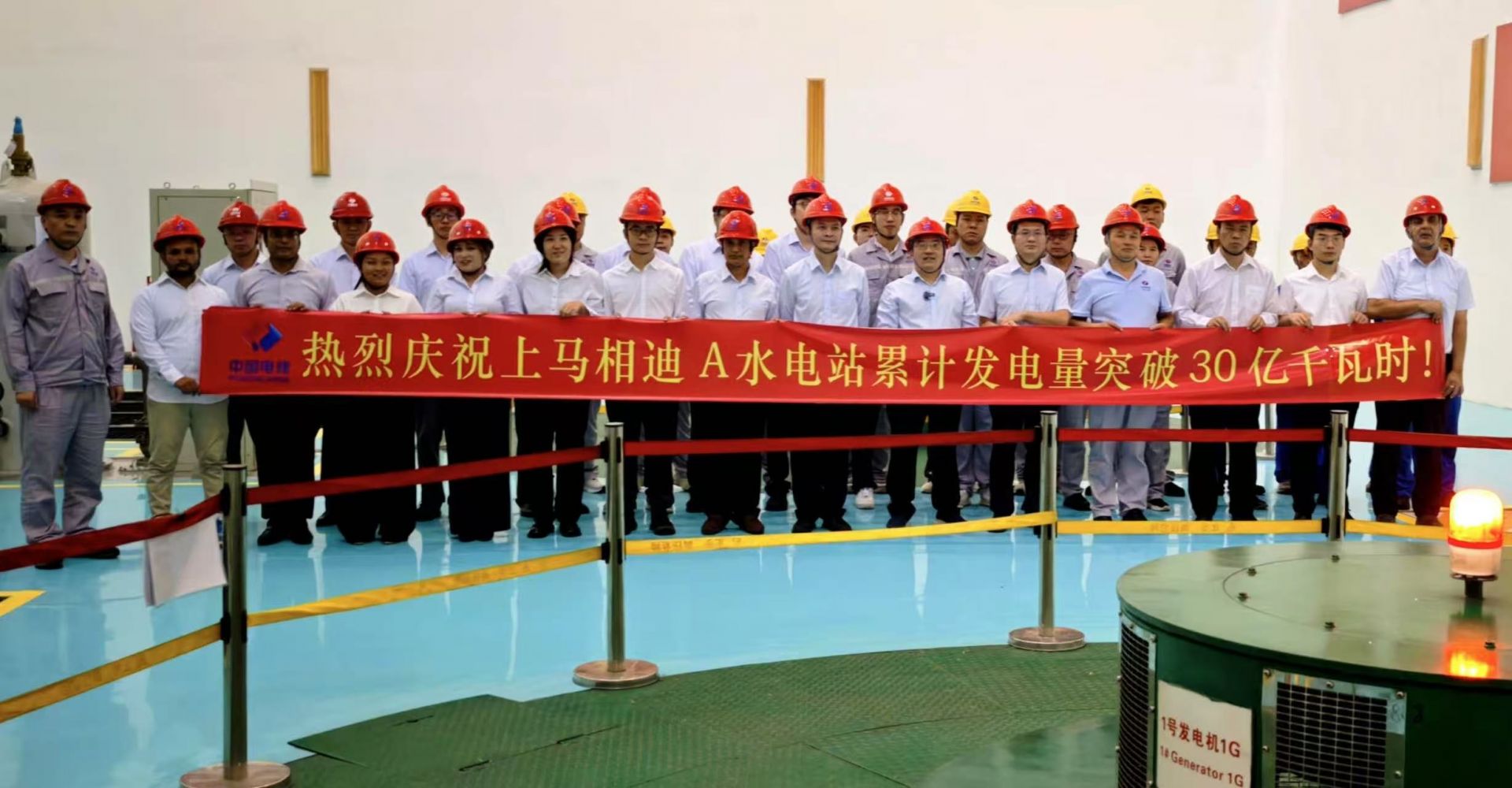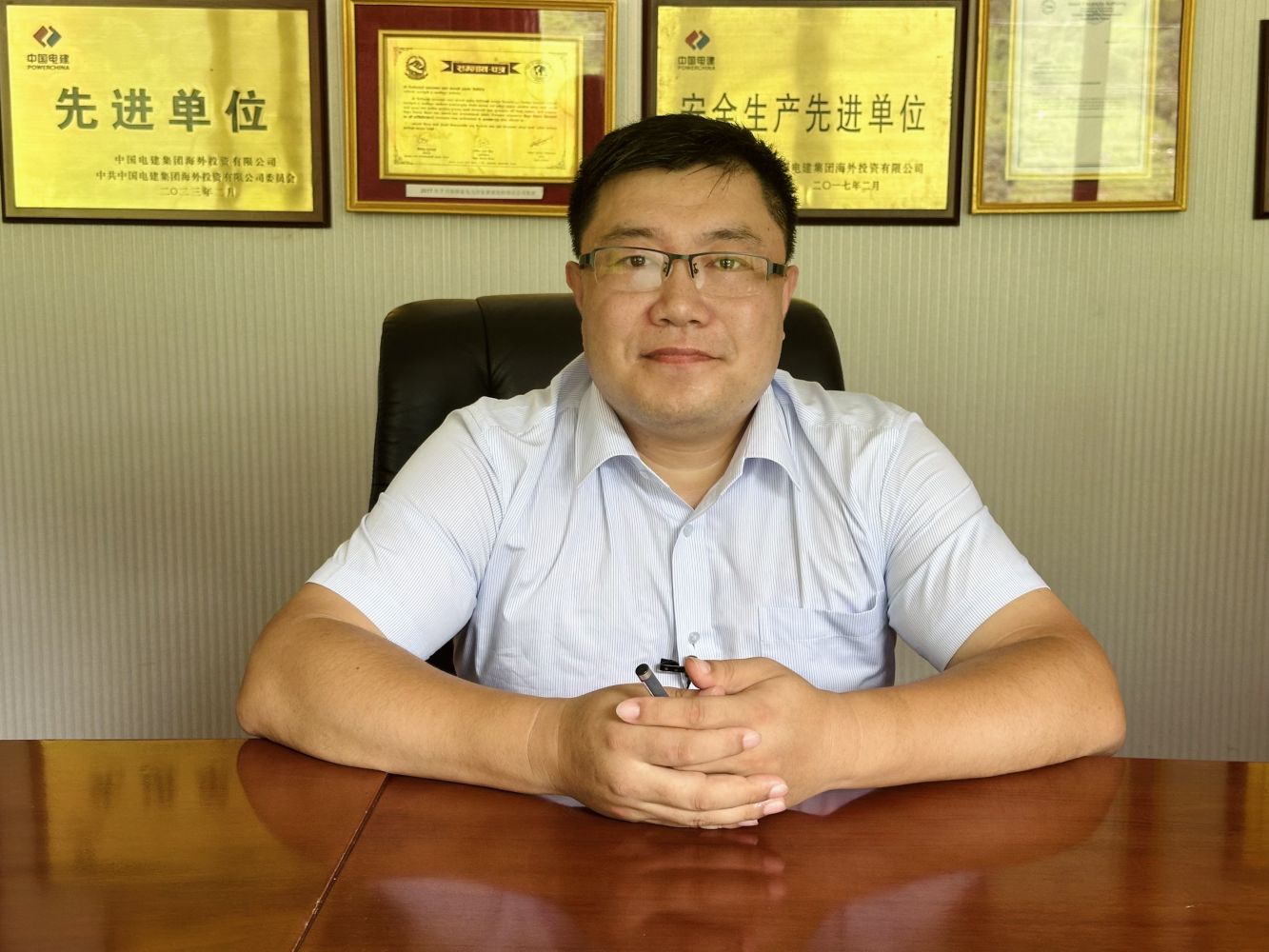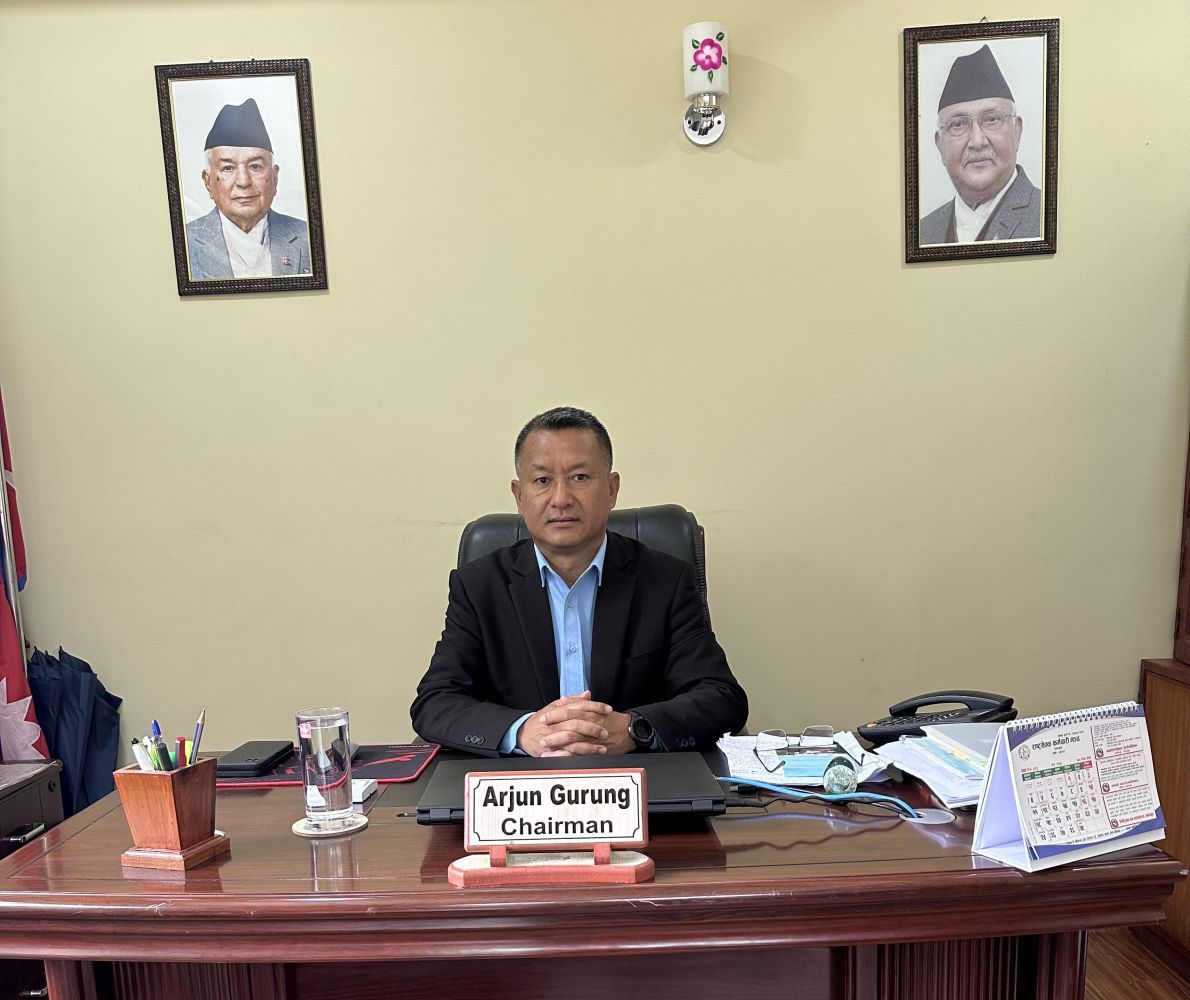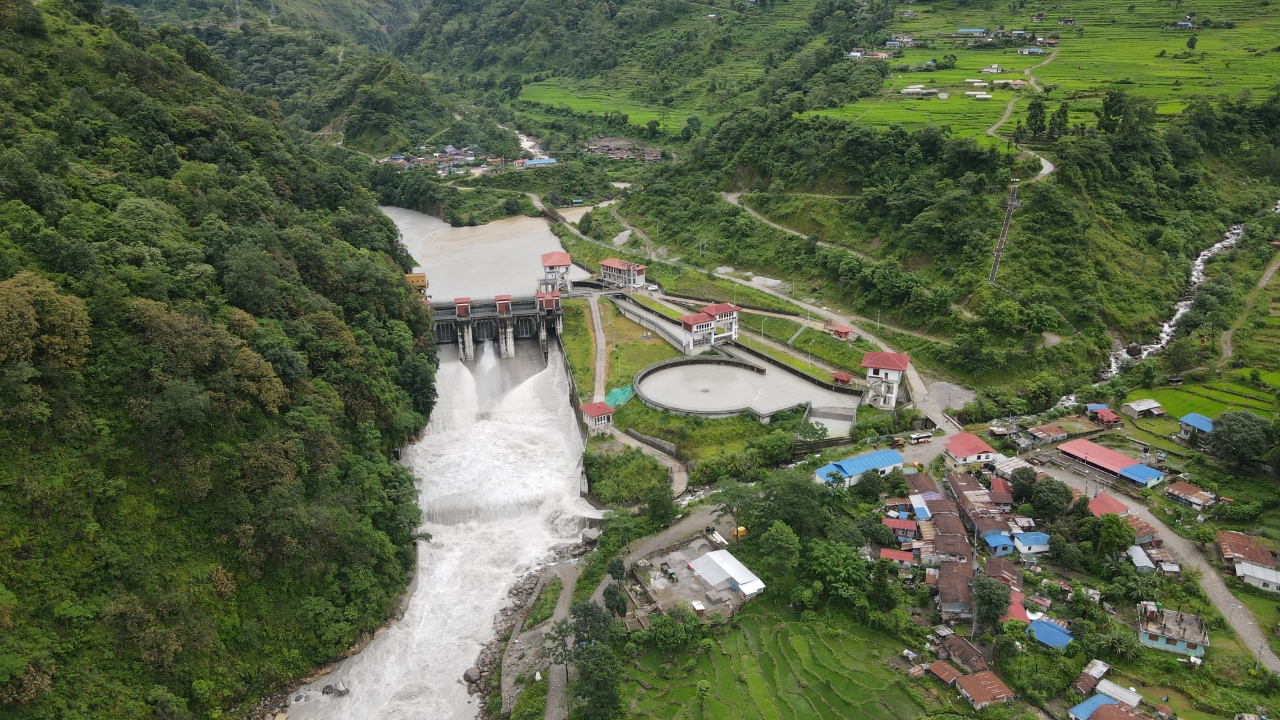
SATV,10 August 2025, Kathmandu: The Upper Marsyangdi-A Hydropower Project, located at Bhulbhule in Lamjung District, has achieved a historic milestone by transmitting three billion kilowatt-hours of electricity to the national grid on the evening of 8th August 2025 at 08:00 P.M.

This achievement was made by the project, which began production in 2016 under a joint investment of domestic and foreign partners. Operated with direct investment from the Sino-Hydro Sagarmatha Power Company, the project has not only contributed to the expansion of the national electricity transmission network but also provided employment opportunities to local communities.

Marking this success and commemorating seven decades of friendly relations between Nepal and China, South Asia Network Television has prepared this report on the project. It is believed that such ventures with Chinese investment in Nepal will further elevate the bilateral relationship to a higher level.

Dong Jiangbo, head of the project’s production technology department, confirmed to SATV that three billion kilowatt-hours of electricity have been integrated into the national transmission line. In a briefing to SATV, he emphasized that the project has made a significant contribution to Nepal’s energy sector.

In an interview with SATV, Arjun Gurung, Chairperson of Marsyangdi Rural Municipality, congratulated the project on this achievement. He expressed gratitude for the employment, electricity, and other services provided to the local population. He also discussed the positive impact the project has had on the development of the rural municipality.
Over the past eight years, the project has demonstrated strong performance in terms of safety and production. Officials have reported that the project has exceeded its expected annual production of 335 million kilowatt-hours, currently generating 373 million kilowatt-hours of electricity.

“This project has played a crucial role in realizing the ‘Bright Nepal’ initiative. It has brought benefits at both local and national levels through infrastructure development, job creation, and optimal utilization of water resources,” said project member Nabin Raj Kuikel in an interview with SATV.

In a conversation with SATV, Sushmita Shahi, who works in the project’s human resources department, noted that the project prioritizes hiring local residents. She shared that Chinese colleagues value honesty and dedication, and that if one has the necessary skills and commitment, Chinese companies provide better-than-average services and working conditions.

As part of the Belt and Road Initiative (BRI), the successful implementation of such projects supports the shared vision of Nepal and China’s future. Despite various challenges, this Chinese-invested project stands as a reflection of good governance and friendship.



















